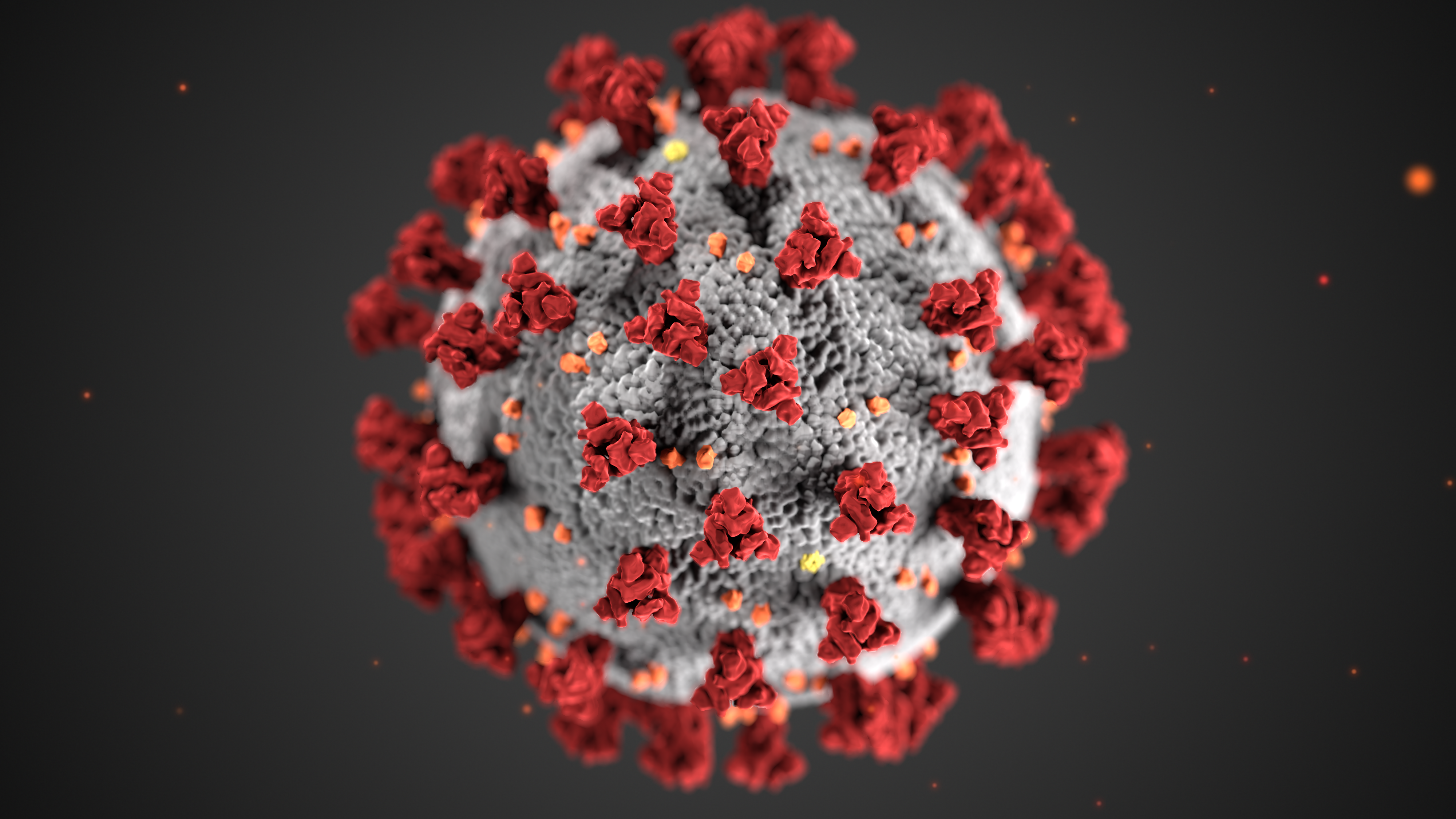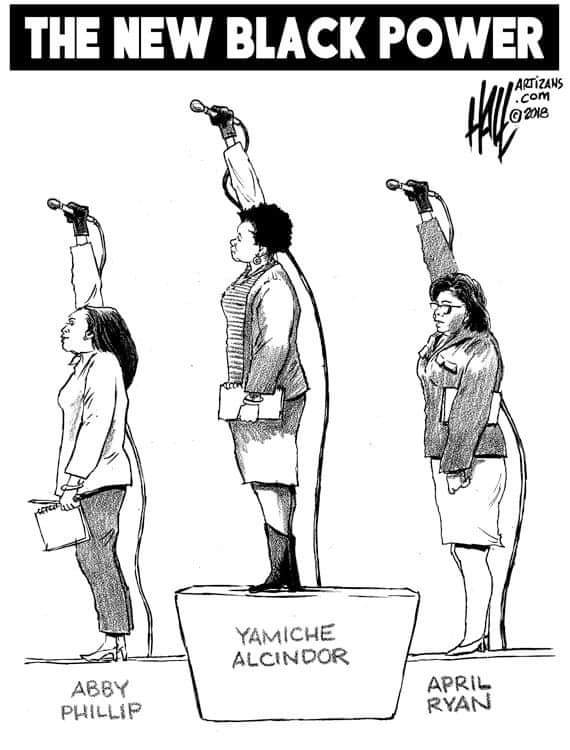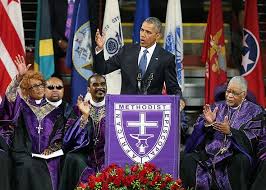
The coronavirus has left much of the world sheltering in place./Image by Center for Disease Control and Prevention
Our world has been knocked off balance.
Seeing doctors and nurses wear construction goggles to shield their faces and garbage bags to protect their bodies from the coronavirus looked like scenes from a destitute nation I had never known about before calamity struck.
Hearing black female White House reporters Yamiche Alcindor, Abby Phillip and April Ryan being called “nasty” by the President of the United States used to be unthinkable until Donald Trump made it his go-to reflex reaction when they challenged his actions or integrity.

But, sadly, this is the new reality.
So are the oddities that come with social distancing and self-imposed virtual isolation during the COVID-19 tragedy. Many of those oddities seem minor, but added up, they are mighty confusing.

Living the Good Life
I live in a 4-year-old development comprised of about 45 units in suburban Atlanta. Probably typical of the pre-COVID-19 era, I know some of my neighbors’ faces but few of their names. I’ve met most of them while walking our dog, Ruby, because they own dogs, too. Occasionally, we would stop to chat, but not anymore. Now, that neighborly chat literally could be your mortal enemy.
Despite that, a few days ago Ruby ran across the street (which is appropriately more than six feet wide) to greet one of her dog friends and its owner. She and I agreed that this is the perfect time to be a well cared for dog or a baby. Their world is so simple – feed me, pat me (for a tummy rub or a burp) and collect my poop – that they’re oblivious to COVID-19. Lucky them.
Who Can I Trust?
So I go for a late afternoon walk just to get out of the house. It’s a comfortable 70 degrees, and I leave the cozy oval in my development to quick-step down a usually very busy street that now is virtually deserted. As I walk past the neighborhood day care center, I see oncoming trouble – a young couple riding their bikes toward me. They’re in their 20s and I’m way past AARP age, so never the twain should meet during COVID-19.
No problem with the young woman, because she’s riding in the street. But her male companion is coming right toward me up the sidewalk, eating up the 100 yards between us at a fast pace. Sigh. Now I am forced to make a coronavirus-driven decision.
… he’s got that ‘I own the world’ swagger
As far as I’m concerned, pedestrians deserve first dibs on sidewalks, so I should stand my ground and the young biker should swerve over to the otherwise empty street. But a quick assessment says that’s not happening.
Even pedaling a bike, he’s got that “I own the world” swagger, and he’s wearing a sleeveless shirt, and no doubt he’s sweating under his Panama hat.
So do I gamble that he’ll do the polite thing and take to the streets, taking the risk that he won’t and he’ll sprinkle possibly infectious sweat all over me as he glides by. Or do I defer to him and cross the street while his bodily fluids are far beyond striking distance?
The ballot is in. Deference won with a unanimous vote. As difficult as it is, in these times it’s often best to put pride aside just to survive.
Leaving the Old Behind
Sometimes I flash back to the days of freedom in February. So as I sat on the edge of my bed wondering how to give my journalism students a lesson in descriptive writing, the answer suddenly popped into my brain.
“Just do what you’ve done before,” I reminded myself. “Take the class to King Chapel and have them crowd around Martin Luther King’s ‘Have a Dream’ speech that is etched onto the front wall. Have them take turns reading paragraphs of it and point out to them how beautifully it’s crafted. Draw their attention to the painful imagery of the ‘promissory note’ of ‘life, liberty and the pursuit of happiness’ that still is owed black people. Remind them that that’s the part of the dream that white people and the media almost never speak of.”
Then I stopped and had to laugh out loud. I had forgotten that normalcy has disappeared. King Chapel is no longer accessible to me since I’m self-isolating and Morehouse has closed except for cyberspace activities. My students are no longer in Atlanta; they’re scattered all around America instead. And the last thing they would want to do now is “crowd around” anything, including King’s wonderful prose.
So, I ask, “Can this be real?


